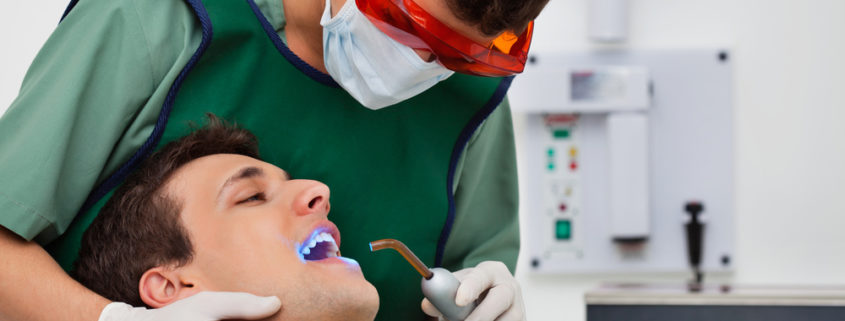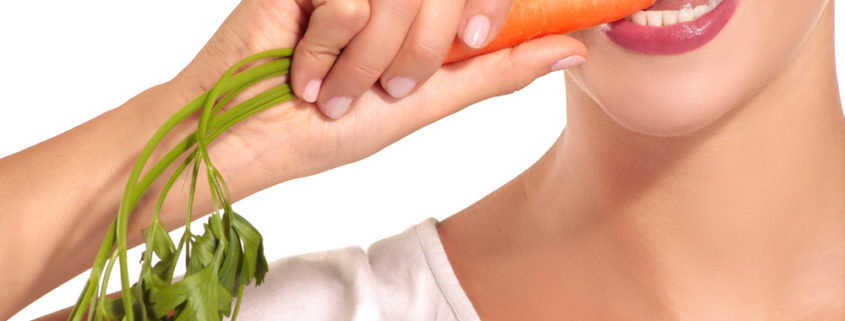The Purpose and Process of Dental Sealants
You can feel and see that our teeth, especially our molars, have several groves and dents. The way that our teeth are shaped presents a risk for food particles and plaque to get caught in, causing decay. By sealing our teeth with a thin coating, we provide an extra barrier of protection for our teeth, keeping them healthier, longer. Sure we can brush and floss our teeth, as we should, but sometimes bacteria can get caught in the crevasses of our teeth and cause cavities.
Sealants are made of different types of materials and the specifics vary from dentist to dentist. The basic principles are the same. Your dentist will prepare your tooth by cleaning it thoroughly; adjust the tooth’s surface to ensure a secure and solid bond, and apply the sealant to the tooth while ensuring that it dries quickly and properly.
Sealants are recommended for almost anyone that would like to maximize the protection of their teeth. However, most often, sealants are performed on children and adolescents that are developing their adult teeth. By sealing the teeth at this cavity prone age, you and help protect your child’s teeth from cavities for about 10 years post-sealant!
Upkeep for sealants is simple, have your dentist check for chips in the sealant and monitor the wear to best project when you may need to get your teeth resealed.
To keep your sealants in tip top shape, avoid eating especially hard or gummy foods such as jawbreakers, licorice, caramels, etc. as these foods could cause your sealant to pop out of place.
Sealants are a major factor in preventative dental care. Protecting your teeth from harmful decay and cavities will save you a lot of time, money, and hassle in the future.
Most dental insurance providers cover dental sealants, however, it is always a good idea to check beforehand, just in case. We recommend contacting your insurance provider directly before making an appointment for dental sealants.
Once you’re ready, make an appointment with your dentist! Getting dental sealants is a fairly simple dental procedure and will really benefit your overall dental health in the long run. You already brush and floss your teeth, now is the time to take your preventative dental care to the next level.
To schedule an appointment with us to discuss dental sealants or to seal your teeth, give us a call!





 Who am I? Dr. Owen Mandanas. I am a wife, a mother of
Who am I? Dr. Owen Mandanas. I am a wife, a mother of